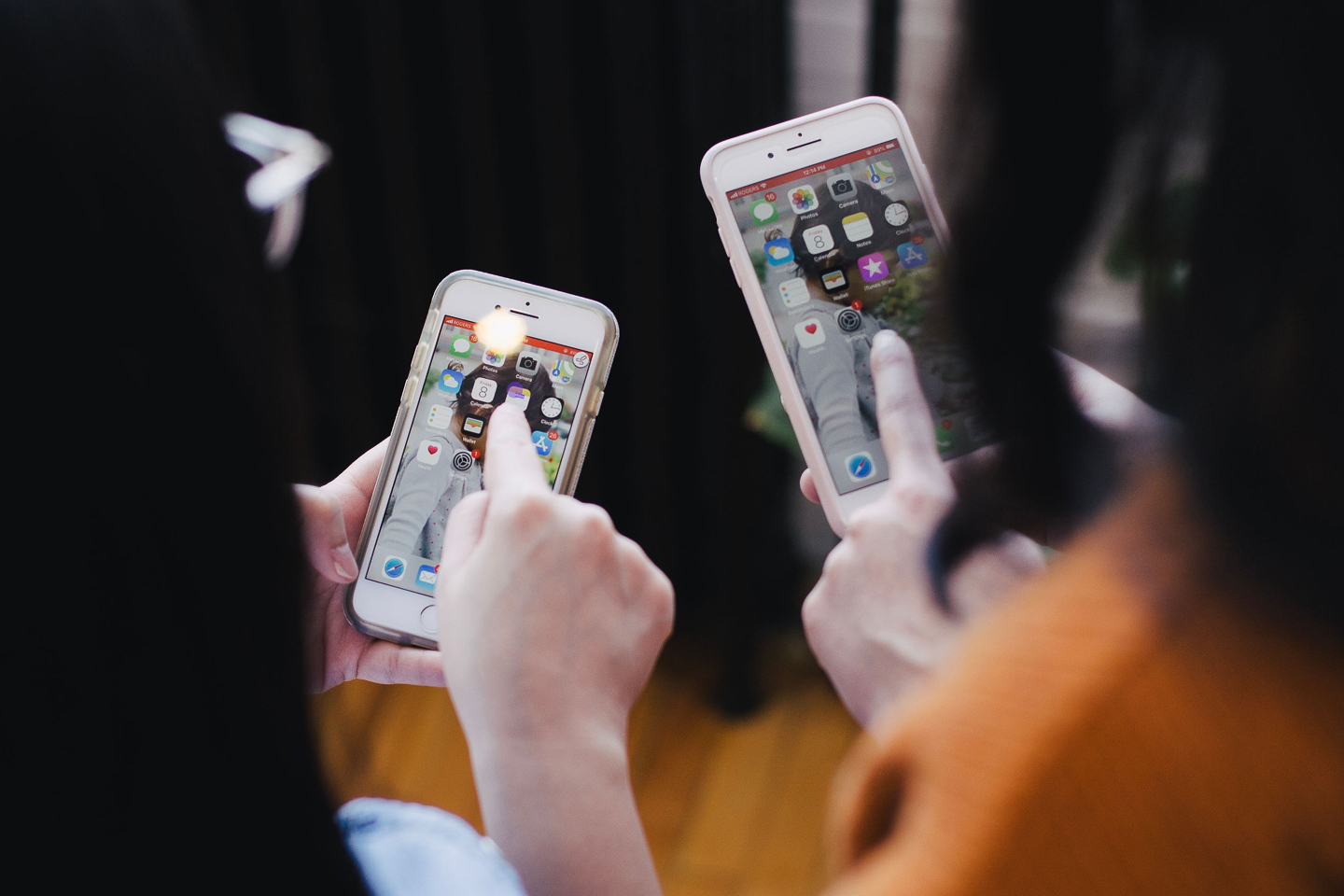Social media was created as a technology to connect us to one another - a new way to keep up with friends, family, and people of interest.
While platforms have come and gone - MySpace, Bebo, and Digg have been replaced by Facebook, Instagram, and Twitter - our collective usage of social media continues to grow. There’s an estimated 3.2 billion people using social media today - but with what consequences?
4 ways social media affects mental health
Here’s how we’re seeing social media affect our mental health, and how you can best manage your relationship with your digital profiles:
1. Falling for FOMO
FOMO (or the Fear Of Missing Out) is a new social media phenomenon, borne from our ability to see so many events and activities going on at our fingertips. It’s something that many of us experience: with so much information available, it’s not unusual to feel like you’re missing out.
For entrepreneurs, business owners, digital marketers, and influencers, the fear of missing out can be exacerbated further. Missed opportunities are often seen as missed income, and that can feel particularly difficult to deal with.
FOMO has been shown to increase anxiety and lower your mood. If you have felt this way, consider re-framing how you connect yourself to the events, activities, and business opportunities. It has no connection to your self-worth, or your venture’s viability.
Plus you may wish to channel that FOMO into a more positive approach to events and opportunities that you are invited to - appreciate the times people would like to have you around, or work with you, and even do some digging as to why. You may be able to capitalise on the reasons why people like you or want to work with your business.
2. Swiping Right As a Distraction
In Britain, we check our phones 28 times a day on average. We bet not all 28 of those times were due to phone calls, messages, or email alerts, either…
Phones have become our favourite distractors: they give us a break when we’re tired of working, they give us something to do when commuting, and they also provide a welcome escape from boring situations such as waiting in a queue.
However, our over-usage of phones can have a negative impact on how we feel, too. A study of over 5,000 participants by the American Journal of Epidemiology found that regular use of Facebook had a negative impact on an individual’s wellbeing, and more generally, that social media can create feelings of anxiety or depression.
So, even if you don’t feel like cutting down the 28 times you unlock your phone, perhaps try using your phone for something more productive: download a book to read, play a game, or write down how you’re feeling.
3. Being Always-On
Most of us are in close proximity to our phones throughout the day. This fact alone has changed how we work: we bet you’ve had a client, boss, or work colleague contact you about work out-of-hours.
Being “always-on” is not productive. In fact, the more hours we work each day, the less productive we are.
And if you work for yourself, there’s also the temptation to do more work, even when you’re not in the right mindset. Yet with 60% of UK entrepreneurs experiencing burnout, it’s clear this approach doesn’t do any favours.
One of the easiest ways to combat the always-on culture is to set your working hours, and stick to them. Make a note of them in your email signature, set them in your calendar, and even get an additional phone for work, so you can turn it off when your day is over.
4. Confusing Digital life with Real Life
Photo-sharing platforms such as Instagram and Facebook provide an insight into the lives of others, but it’s important to remember that it’s just that: an insight.
Often, what we see on these platforms is an edited version of somebody’s life - yet it’s easy to think that everyone else is living the perfect life when you scroll through their feeds. Even idyllic travel photos can be a lie.
In 2016, the University of Copenhagen conducted a study into “Facebook envy” which showed how many of us feel jealous or sad when using social media. They also found that those who abstained from using Facebook felt more satisfied with their lives.
While it’s unlikely you’ll delete your accounts after reading this, you may wish to limit how much you use social media, or give yourself periods of time away from these platforms, perhaps as a digital detox.
Tips to improve your social media usage
If you’d like to try improving how you use social media, and its overall effect on your mental wellbeing, try:
Limiting the hours you spend on social media each day
Enjoying moments away from your electronic devices
Taking a digital detox on a regular basis
Unfollowing accounts that may negatively affect you
Connecting with the people you care about in a real life setting
Deciding how much you wish to share on social media
Changing your privacy settings to only connect with certain people
You may also wish to join The Reignite Project, our free course for those struggling with stress and burnout, or take our Calmer Entrepreneur video course, to build your mental resilience and strike a balance that works for you.

